Indian Democracy: Meanings and Practices
Synopsis
Even though India adopted a democratic constitution in 1950, democracy as both a form of government and as an organizing principle of politics continues to be a contentious concept in Indian political discourse. The debate has ranged far and wide giving rise to numerous claims and counterclaims and a bewildering array of contentions. A significant and timely contribution to the on-going debate, this volume examines how Indian democracy has survived the challenges posed by widespread illiteracy, poverty, secessionism and communalism--problems that have felled the fledgling democratic institutions of so many post-colonial societies. The contributors locate the reason for the resilience of Indian democracy in its history--that it was the product of a gradual evolution and not of a sudden imposition from above. The essays in the volume, however, show that despite having stood the test of time, Indian democracy is not a democracy in any substantive sense. The economic policies of successive governments since 1985 have been basically anti-people; rampant casteism, communalism, and the use of money and muscle power have infiltrated the body politic. Mass mobilization has been powered by hate, making it a feature more typical of a nascent neo-fascist state than of a democracy. The 'substantialization of democracy'--proper representation and people's participation in decision making--still remains a distant ideal. The 15 original essays by distinguished political scientists have been divided into two parts following the introduction. Section 1 looks at the various and contesting ways in which democracy is understood in India. The contributors consider ways to expand the meaning of democracy in order to make it more substantial. The second section focuses on four important developments that have dominated Indian politics since the beginning of the 1990s: the crisis of secularism, backward caste assertion, the volatility of party politics, and the decline of social movements. Bringing together empirical studies and theoretical formulations, this important and topical volume will be of considerable interest to students and scholars of politics, history and sociology, as also to social activists, journalists and the average citizen concerned about contemporary India.
Read more
40.50
36.45
$
45.00 $
Free delivery Wolrdwidе in 10-18 days
Ships in 1-2 days from New Delhi
Membership for 1 Year $35.00
Get it now and save 10%
Get it now and save 10%
BECOME A MEMBER
Books by the same author

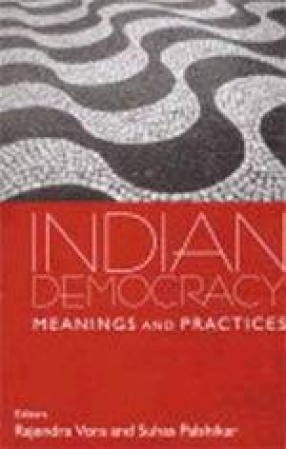
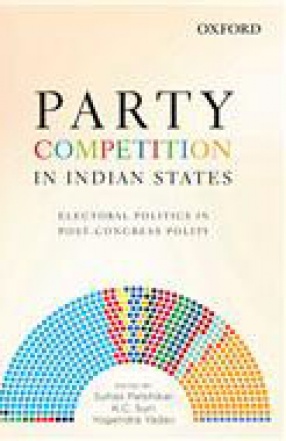
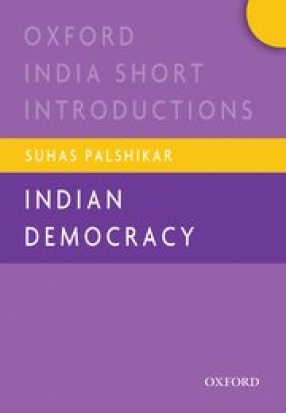
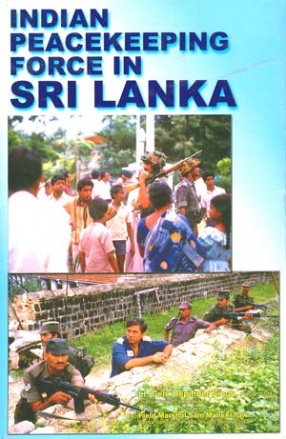
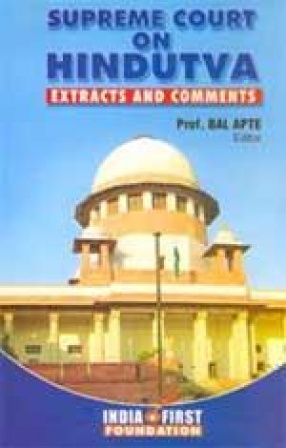



Bibliographic information